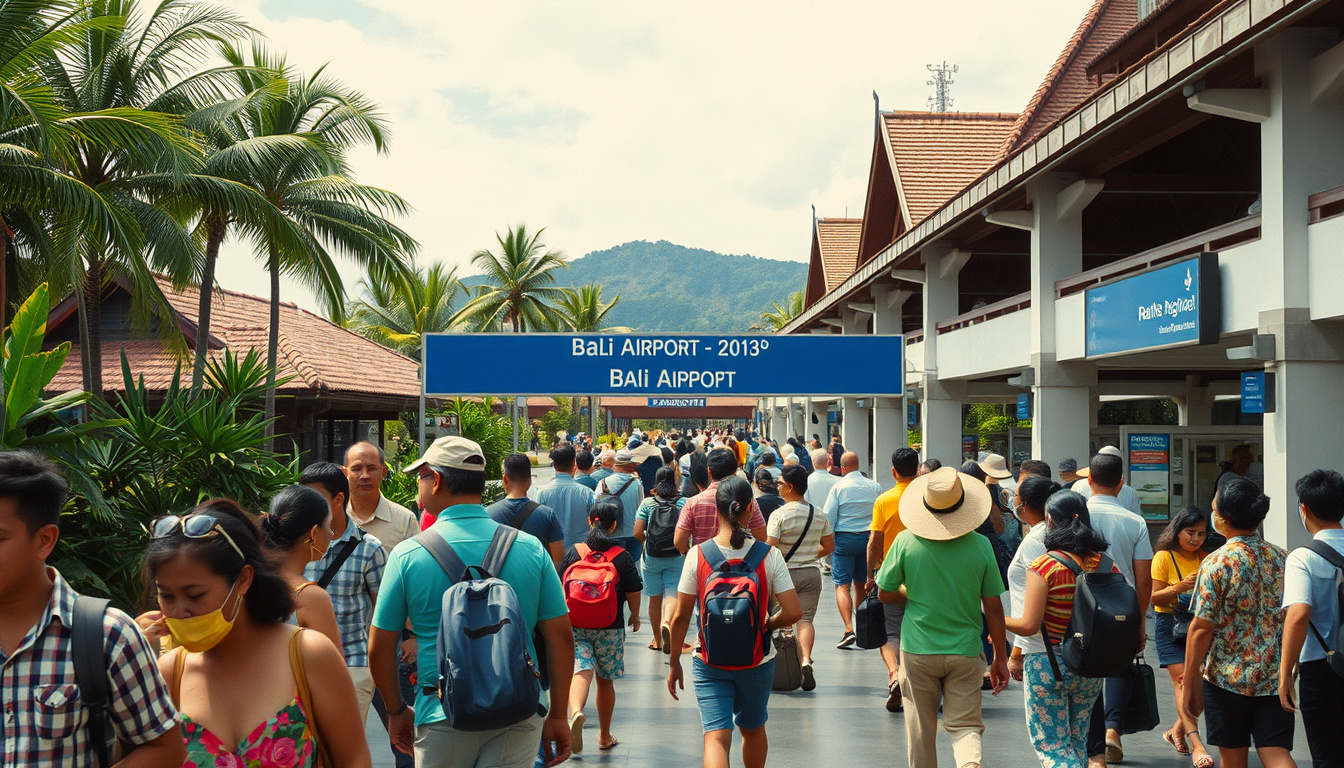Bali Tourism Surges as Immigration Services Resume
Bali, Indonesia – April 11, 2025 – In a remarkable resurgence of international travel, Bali has reactivated its immigration services after a week-long hiatus for Nyepi and Eid al-Fitr celebrations. The move comes amid a significant increase in global tourist demand, signaling a robust recovery for the island’s tourism sector.
Immigration Operations Fully Resumed
Bali’s immigration offices reopened on April 9, following a closure that lasted from March 27 to April 7. This period saw a substantial number of visa applications and travel requests, underscoring Bali’s enduring appeal to international visitors. On the first day of operation alone, immigration officials processed a staggering 12,770 visa and residence permit applications. This rapid processing was made possible by the full staffing and operational readiness of all immigration centers across the island.
Continued Demand for Travel
In the lead-up to the reopening, Indonesia’s digital immigration system notably received an impressive 217,695 submissions during its shutdown. This statistic highlights the unwavering interest in Bali as a prime travel destination. The island, celebrated for its breathtaking beaches and rich cultural heritage, was recently awarded the title of Asia’s most beautiful island by DestinAsian magazine in its Reader’s Choice Awards.
Despite the temporary disruption, the island’s tourism numbers have remained strong. In 2024, Bali welcomed 6.3 million international visitors, surpassing pre-pandemic records. Projections for 2025 indicate an upward trajectory, with estimates nearing 6.5 million arrivals, solidifying Bali’s position as Southeast Asia’s leading tourist hotspot.
The Impact of Cultural Events
The reopening follows significant cultural celebrations, including Nyepi, a day of silence and reflection, and Eid al-Fitr, which marks the end of Ramadan. While these events caused a temporary pause in regular immigration operations, emergency services remained available for foreign nationals experiencing urgent travel needs related to health or family matters.
As Bali continues to attract global travelers, the resumption of immigration services signifies more than just operational efficiency; it reflects the island’s resilience and the broader recovery of the travel industry in a post-pandemic world.
Conclusion
With its unique blend of natural beauty, cultural richness, and newly restored immigration functionalities, Bali is poised for another successful tourism season. As international visitor demand surges, stakeholders within the tourism sector eagerly anticipate a bright future—one marked by increased connectivity and engagement with travelers from around the globe.











Add a comment